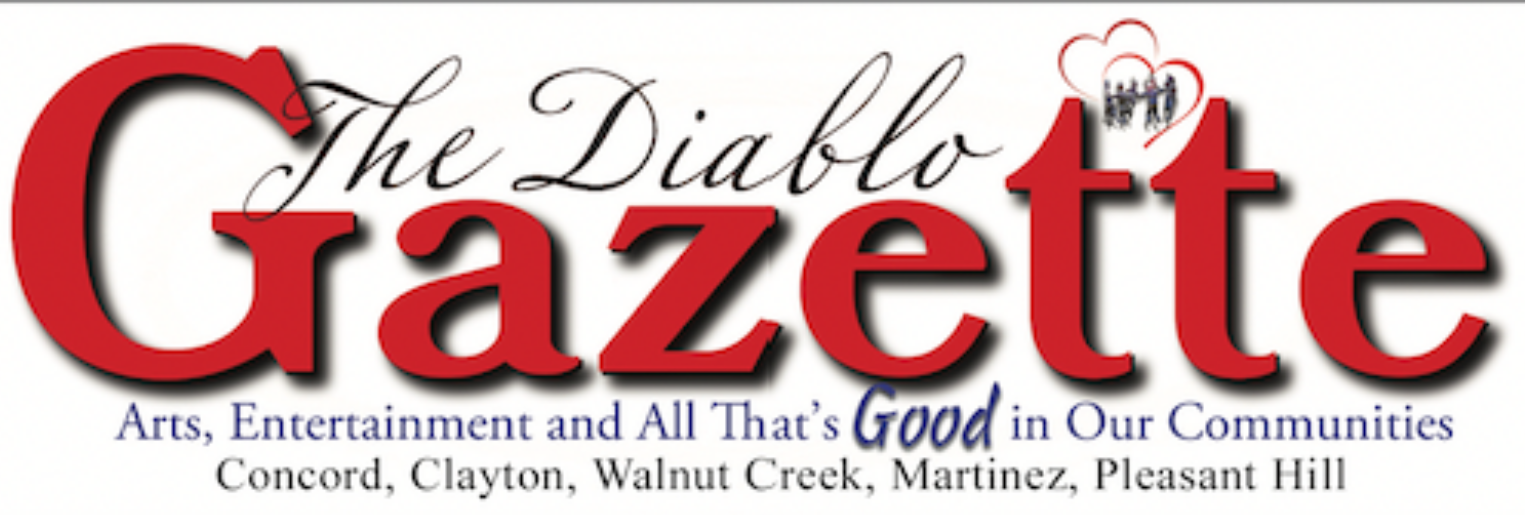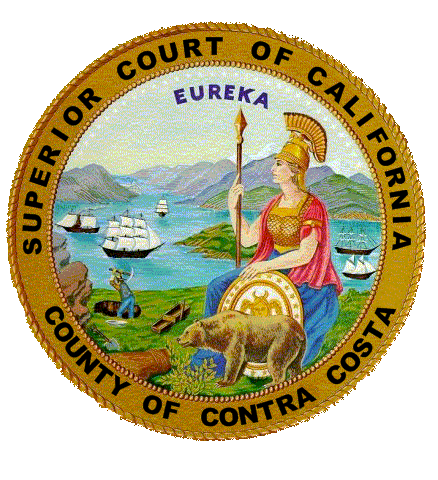Seventeen years after Concord was designated as the Local Reuse Authority, little has been achieved and the project is once again at a crossroads.
[On June 13, the Civil Grand Jury filed its report #2305, “A Promise Unfulfilled” with the Concord City Council and to the Local Reuse Authority (LRA). The 37-page report was critical of 20 missteps of varying severity, including lack of transparency, mismanagement of funds, communication failures, alleged Brown Act violations, and failure to follow their own procedures that have led to the current failures.]
The Grand Jury recommends that the city considers remedying various prior practices and select a master developer with strong financial resources, and with experience in multi-decade military base conversion projects and working with varied stakeholders and constituents.
During this investigation, the Grand Jury also reviewed loans the City of Concord made to the LRA from Concord’s general fund and two other funds. The Grand Jury also states several findings about the use of these loans and the appropriateness of certain payments made from these loans.
[This article whas condensed the report to only list the missteps identified by the Grand jury and their recommendations. The entire report offer details of the behavior and actions of the entities involved that are responsible for these findings. It can be viewed at https://cc-courts.org/civil/docs/grandjury/2022-2023/2305/2305wSignature.pdf.
Grand Jury Findings and Recommendations
Failure of Selection Process
1.a The LRA team allowed master developer applicant Concord First Partners (CFP) to continue to be considered in 2021 master developer selection process even though its Statement of Qualifications (SOQ) submission dated June 18, 2021, did not include many required financial documents.
1.b The LRA allowed applicant CFP to continue to be considered in the 2021 master developer selection process after CFP did not comply with the LRA team follow-up request for financial documents made in July 7, 2021, correspondence.
1.c The Request for Qualification (RFQ) process adopted by the Concord City Council ad hoc committee of Councilmembers Birsan and Aliano did not utilize the LRA staff and consultants to issue a written report with a recommendation for CNWS master developer.
1.d The RFQ process used in 2021 master developer selection process did not use practices such as stated weighted criteria and objective scoring as proposed by the LRA.
1.e The RFQ process used in 2021 master developer selection process did not include a written, scored evaluation of the SOQ submitted for the CNWS project from LRA staff and consultants.
Recommendation – RFQs and RFPs for the CNWS project should be created by designated city staff and outside consultants of the LRA team.
The LRA should specify that there will be no extensions or second requests for information that was clearly requested in the RFQ or RFP.
The LRA team should specify that the stated RFQ or RFP response date and time is the final cutoff for submission of materials by any applicant.
The Concord City Council should consider adding that incomplete or nonresponsive RFQ or RFP submissions may lead to disqualification of the applicant.
The Concord City Council should provide input on parameters and scope of a RFQ or RFP, prior to the document being written.
The LRA staff and designated consultants should be the sole evaluators of the RFQ or RFP responses for CNWS project.
Scoring criteria for RFQ or RFP evaluations used in the CNWS master development process should be provided on an RFQ or RFP template sent to each potential applicant.
A raw score or percentage weight should be assigned for each evaluation criteria used on CNWS master developer RFQs or RFPs. This methodology should be created and documented before the SOQ due date and council review of the responses.
The LRA director should issue a report with staff recommendations for the master developers considered for the CNWS project. The report should provide objective detail based on selection criteria on why the master developer candidates were chosen or eliminated.
The report on staff recommendations for the master developer should be publicly released immediately following the council meeting in which the Concord City Council selects the master developer.
LRA Contractor Management
2.a LRA staff and consultant reference checks in the 2021 master developer selection process missed certain points involving prior BRAC experience and litigation history.
2.b The Professional Service Agreements (PSAs) between the City of Concord and consultants during the period 2020 to 2022 did not have language to restrict hourly rate increases by consultants during one-year PSA terms.
Recommendation – To control costs and foster more accurate expense forecasting, City of Concord PSAs for LRA consultants should have specified hourly rates by either position or by individual and the hourly rates should remain fixed across the one-year PSA.
RFQs and RFPs used to select a master developer for the CNWS project, there should be a full analysis and report issued by LRA staff.
Transparency
3.a The RFQ and SOQ process used in the 2021 CNWS master developer selection prevented LRA staff from providing analysis and recommendations on the three respondents.
Recommendation – For future RFQs and RFPs used to select a master developer for the CNWS project, there should be a full analysis and report issued by LRA staff.
Concord City Loans to Local Reuse Authority
Through fiscal year 2019-2020, the City of Concord loaned the LRA $14.06 million to pay for CNWS expenses not paid from funds from governmental entities or the initial master developer, Lennar.
These loans came from three Concord revenue sources: General Fund reserves of $9.91 million and Workers’ Compensation Fund of $3.15 million and Pavilion Fund of $1.0 million that total $14.06 million.
California self-insured workers compensation employers are regulated by the California Office of Self-Insurance Plans (OSIP). These funds are needed to pay current and future workers compensation claims. There is a guideline in the Handbook of Cost Plan Procedures for California Counties (Cost Plan) that if funds are borrowed from a self-insured workers compensation fund, they should be paid back with interest within 36 months and if not repaid by then, the loan is considered a bad debt and requires an immediate rebate from the general fund.
4.a Concord city staff provided the Concord City Council in February 2020 a report that provided detail on CNWS-related expenses paid from loans the City of Concord has made to the LRA
4.b The annual Program Reports issued by the LRA do not show the actual fundings source.
Annual forecasts by vendor show projected funding sources but fiscal year actuals are shown as totals with no indication of the funding source.
4.c The City of Concord borrowed $3.15 million from the city’s self-insured workers compensation fund in FY 2017 and FY 2018 to provide funds to the City of Concord’s loan to the LRA.
4.d The City of Concord’s financial reporting does not show that loans made from Concord’s workers compensation fund to the LRA have been paid off.
Recommendation – Concord city staff should provide updates to the February 2020 report to show payments made against Concord’s loan to the LRA for CNWS-related expenditures for 2021, 2022 and 2023 and to show details on what funds were deposited and/or refunded from Concord First Partners and future master developers.
The City of Concord should produce an annual report on the city loans to the LRA, showing annual and project to date expenses by vendor in detail as was done in the February 2020 report.
The City of Concord should find funding sources other than its self-insured workers compensation fund when making loans to the LRA.
The City of Concord should repay its self-insured workers compensation fund for any loans made to the LRA that are outstanding more than 36 months per state guidelines.
Use of CNWS Grounds as a Facility for Autonomous Vehicle Testing
5.a CCTA, AAA, and their partner clients have been using the GoMentum test facility on the CNWS site since 2014.
5.b There is language in a 2017 LRA document that CCTA would pay 80 percent of Guardian Security costs.
5.c In 2020, 2021 and 2022, AAA forwarded to Concord memos listed as Security Guard
Coverage for GoMentum Station that stated maximum monthly payments AAA will pay for GoMentum security services. These memos were signed only by AAA and are not signed by Concord city staff.
Recommendation – The signed Memorandum of Understanding (MOU) between Concord and Contra Costa Transit Authority (CCTA) states that CCTA should reimburse Concord for incurred fees/costs associated with providing access and security for the GoMentum facility at CNWS.
Since 2016, Concord has paid 33 percent of Guardian Security fees associated with GoMentum and CCTA and AAA have jointly reimbursed Concord for 67 percent of Guardian Security’s costs associated with providing security services at CNWS.
The agreement for gate security between Concord, AAA, and CCTA should be modified to require that AAA and CCTA reimburse the Concord LRA for 100 percent of CNWS gate security costs as stated in the May 2019 MOU.
Notice on updated security reimbursements should be sent to AAA and CCTA within 90 days of this report being received by Concord City Council and the LRA.
The change in the CNWS security service rate agreement reimbursement should be effective within 90 days of AAA and CCTA being notified.
The LRA should seek reimbursement from AAA and CCTA on CNWS gate security payments in excess of 20% in 2020 and 2021.
Jenkins Report Charged Against LRA City Loan
The city loan to the LRA includes $63,154 for the costs of a 2016 investigation, (Jenkins Report) authorized by the City of Concord to investigate improprieties associated with the master developer selection in 2015.
Concord commissioned attorney Michael Jenkins to conduct an independent investigative in response to a letter received from Catellus asserting that Lennar had violated the terms of an Agreement to Negotiate, signed by both firms, by lobbying the city council.
Catellus also raised questions about the removal of the Concord staff’s analysis and recommendation for a master developer from a published staff report.
The report determined that one-on-one meetings conducted between the City Manager and Councilmembers Grayson, Birsan and Hoffmeister resulted in a reversal of the Council’s September 2015 decision to include a staff recommendation in the final staff report. It also found those meetings were in violation of the Brown Act.
6.a The Jenkins Report presented the findings of an investigation authorized by the Concord City Attorney in 2015.
6.b The expense to the LRA for the investigation and report done by Michael Jenkins was $63,154 and it was paid as a 2016 expense against the city loan to the LRA.
6.c The issues investigated in the Jenkins Report were improper lobbying by a councilmember, removing staff recommendation from final report on the master developer and Brown Act violations. These findings involved real or perceived improper activity by the Concord city staff and the Concord City Council.
Recommendation – The expenses for this investigation should not be charged to the LRA loan and ultimately to the master developer on the CNWS project.
The payment for the Jenkins investigation should be reversed as an expense against the city loan to the LRA.
The payment for the Jenkins investigation should be paid as an expense from Concord general funds.
Some citizens are requesting an outside auditor conduct a financial audit of the City Council, LRA, and developers for the potential misuse of taxpayer funds.
[Diablo Gazette reached out to LRA Director, Guy Bjerke, and Concord City Manager, Valerie Barone, for comment, both responded that, “The City Council will consider a response to the Grand Jury report at their August 8 meeting. That response will be released to the public as part of the agenda packet for that meeting.]

